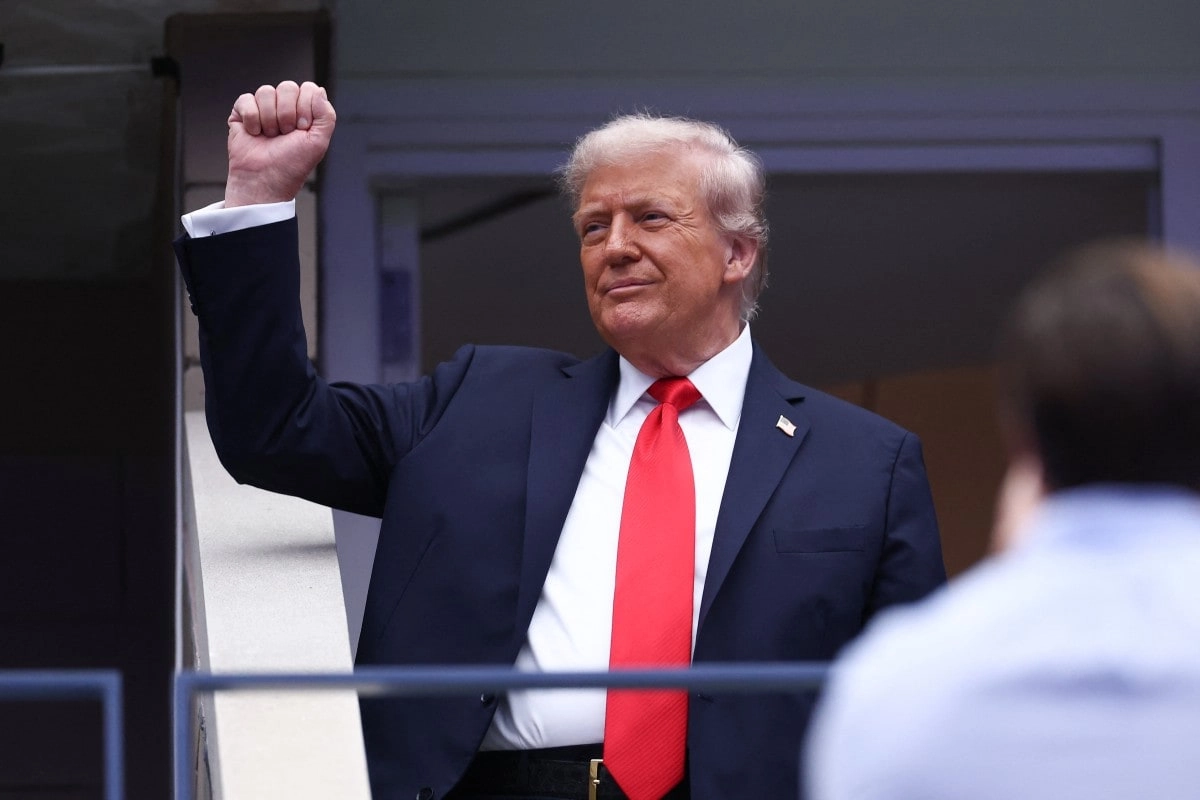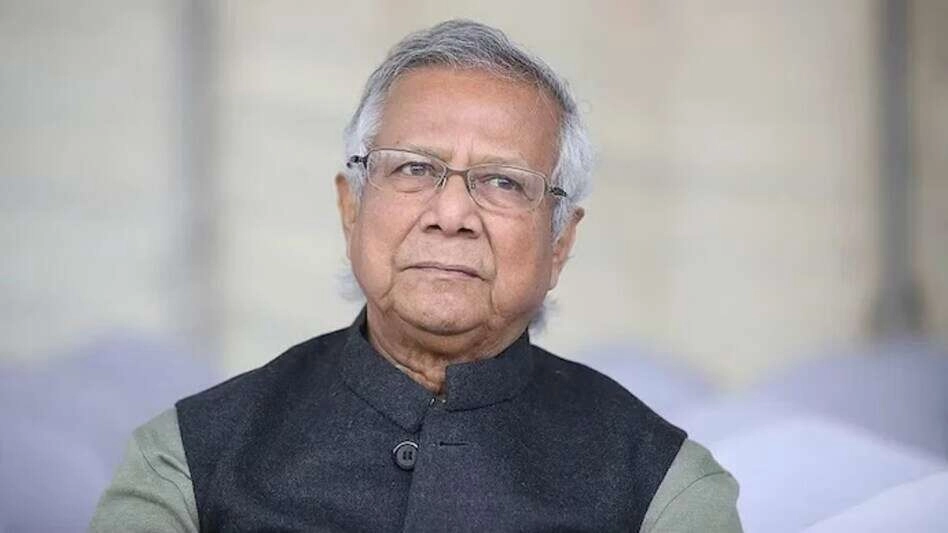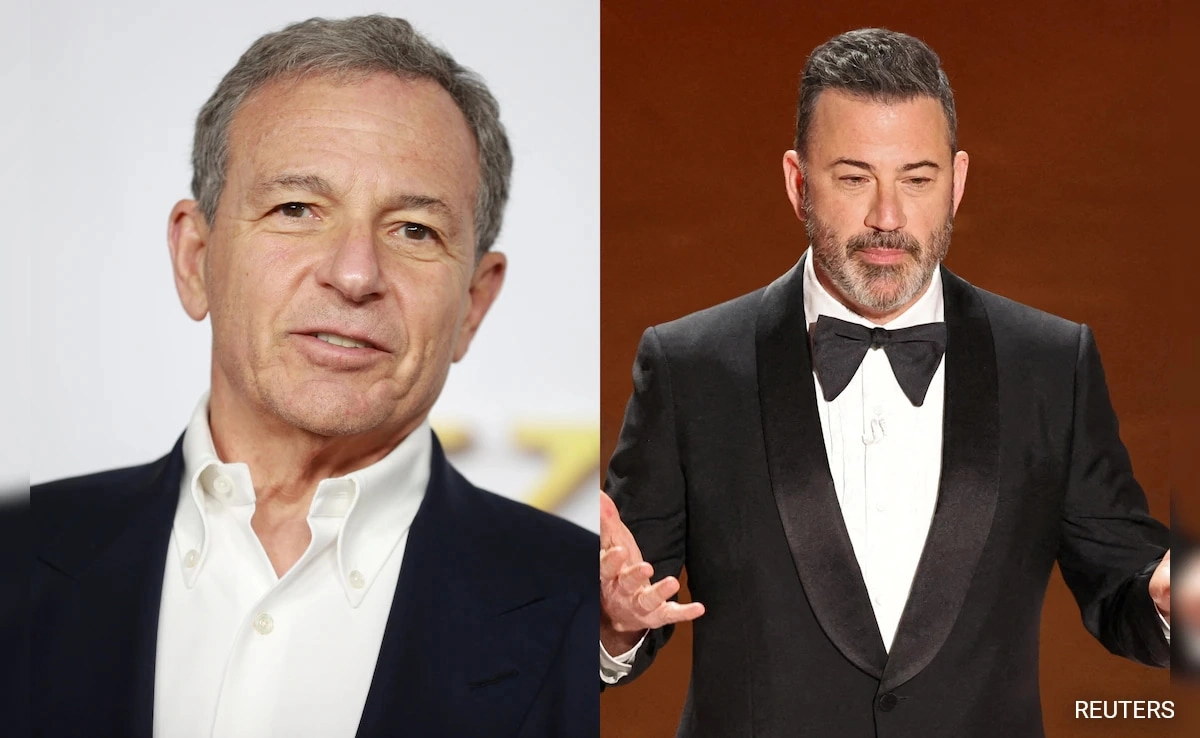Former President Donald Trump has expressed his discontent regarding the recent escalation of violence in Ukraine, particularly following Russia’s largest air assault on the country in recent times. This attack, which resulted in significant devastation and loss of life, has prompted a strong reaction from various world leaders, including Trump. While he has often maintained a complex relationship with Russia, this latest incident has clearly highlighted his concerns over the ongoing conflict and its implications for global stability.
Trump’s disapproval stems from a broader apprehension about the volatility in international relations and the potential consequences of unchecked aggression by Russia. He has pointed out that such aggressive actions may further destabilize the region and complicate diplomatic efforts aimed at resolving the conflict. This situation raises questions about the effectiveness of existing policies and the need for a more cohesive strategy among Western nations to counter Russia’s military ambitions. Trump’s remarks suggest a yearning for a more assertive approach to deterring Russian aggression, emphasizing the importance of a unified response from NATO and other allies.
Moreover, Trump’s criticism underscores a growing sentiment among many in the U.S. political landscape who believe that a stronger stance is necessary to support Ukraine and protect democratic values. The airstrikes are not just a military maneuver; they symbolize a broader struggle for sovereignty and self-determination in the face of authoritarianism. Trump’s comments reflect a recognition of the significant stakes involved, not just for Ukraine, but for the global order as a whole. As the situation continues to unfold, it remains imperative for leaders across the spectrum to consider the long-term implications of their responses to such acts of aggression, ensuring that they foster peace and stability rather than escalating tensions further.
In summary, Trump’s dissatisfaction with Russia’s recent air attacks highlights the urgency of addressing the ongoing conflict in Ukraine. His call for a more robust international response resonates with those who advocate for a united front against aggression. As the world watches the developments in Ukraine, there is a pressing need for leaders to navigate this complex landscape with a focus on diplomacy, deterrence, and the promotion of democratic principles. The implications of this conflict extend far beyond the borders of Ukraine, affecting the geopolitical landscape and the future of international relations.




